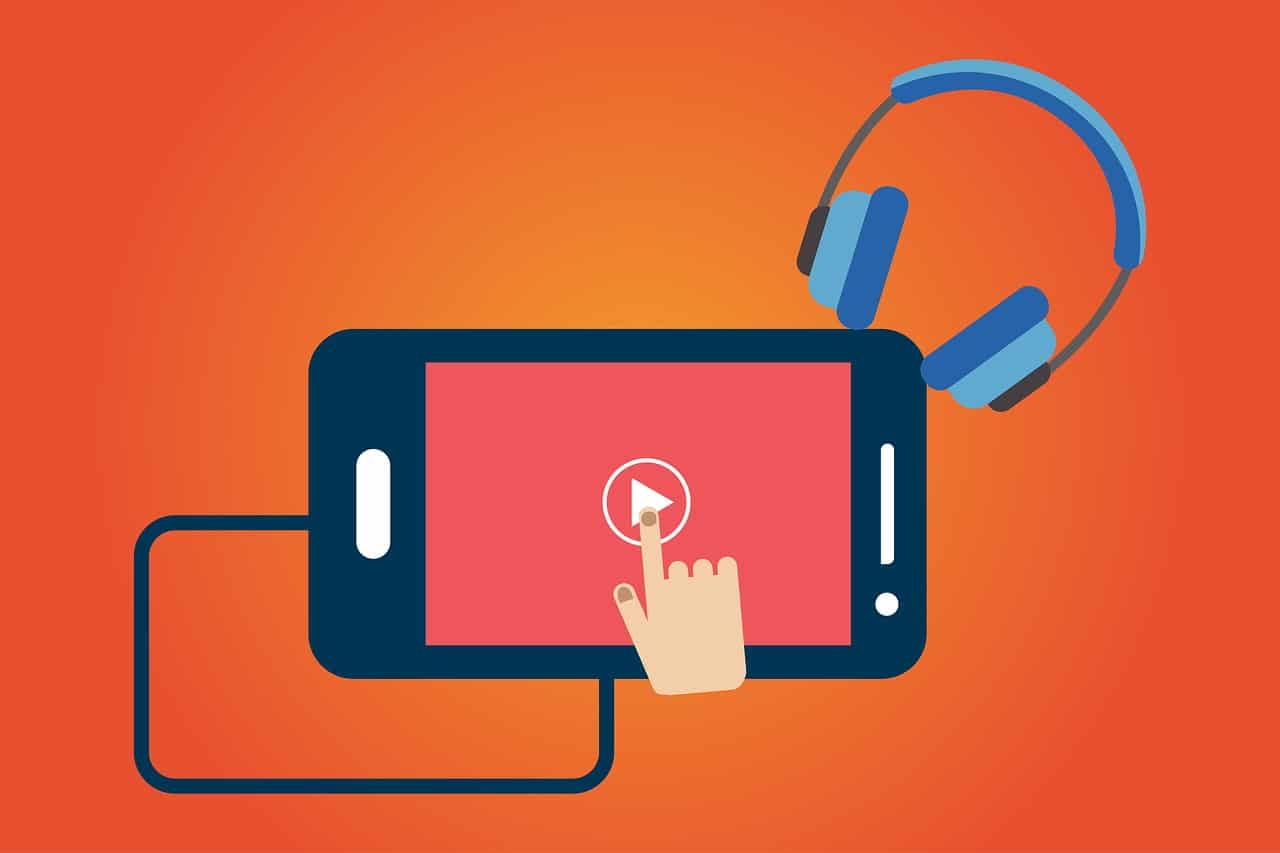You have GBs of data stored on the internet. Some of this you access on a regular basis, and some is just stored safely on a virtual drive or server. This data is very precious and companies would even pay for some of it, but you would obviously not want to sell your personal data.
However, did you ever sit and wonder what happens to this data after you die? This might not be the most amazing thing to ponder over, but you should definitely give it a thought, especially if you have confidential data on the web.
Firstly, let’s understand about the data that companies collect from you via cookies and other such methods. Let’s say you bought a name necklace online. The company must have stored some of your information including your name, address (for delivery) etc.
Since this information is stored by them, you have no control over it. But, you do have some control over information that you upload to your own profiles and servers.
This article will guide you through what happens to this information or data when you pass away.
IMAGE: PIXABAY
Digital Assets
So what happens to your ‘digital property’? Firstly, you do not own most of these assets. For example, your NetFlix subscription will automatically expire after a specified period.
But what about music and images you have purchased? In most cases, they also come with a license. When you buy a picture, you only buy the right to use it for a specified time period, and once that time period expires, the picture is no more your property.
However, if you have a digital collection stored on your computer then your loved ones may get possession of it after you die. But, in the eye of the law, it would be pirated material as they have no right to access it since it is you who paid for it.
Most companies have terms & conditions where only the original purchaser can have access to digital content. However, most companies would not file a lawsuit against your family members for accessing such content though.
Medical Data
This depends on where you live. In some countries, there are laws regarding the collection of medical data. For example, such data is destroyed after 10 years in the UK, but laws differ in the US.
Nonetheless, there isn’t much to worry about because the government respects your privacy even when you are not there, and only a few authorized individuals will be able to access your medical data even after your death.
Social Media Accounts
If you are on social media accounts, you might have uploaded pictures, videos etc., for the world to see. In most cases, the data would remain there with same privacy settings.
Let’s talk about Facebook. The mechanism is simple. If you uploaded a photo on Facebook, then it means you were okay with people with permission to view them having access to your photos.
You can inform Facebook when someone dies and they will turn it into a deceased account, which will still be available with photos and videos with the same privacy settings, but nobody else would be able to add the account.
Similarly, Google also allows you to report a deceased account, but there is no information on how the data stored on Google is dealt with. Other social media platforms such as Twitter and Instagram do not have a very clear policy on this matter, but it works quite like Facebook.
You should be careful about what you put on the internet because once it is there, it is there. Destroy files that can damage your repute or cause issues for you or anybody else once you’re not there to keep an eye on things.
Many say we are going towards a more secure future, but for now, you will have to take care of your own data.
If you are interested in even more technology-related articles and information from us here at Bit Rebels then we have a lot to choose from.


COMMENTS